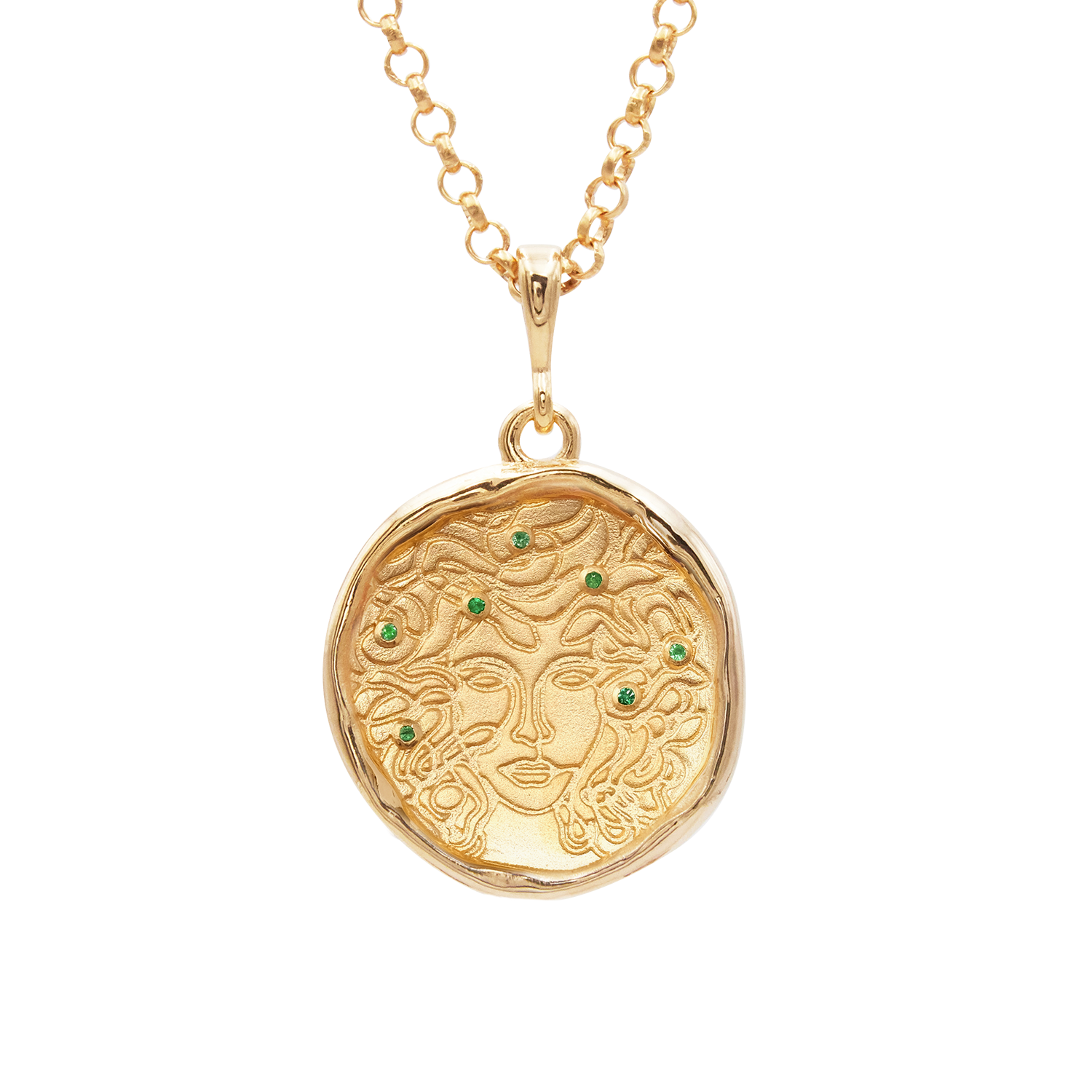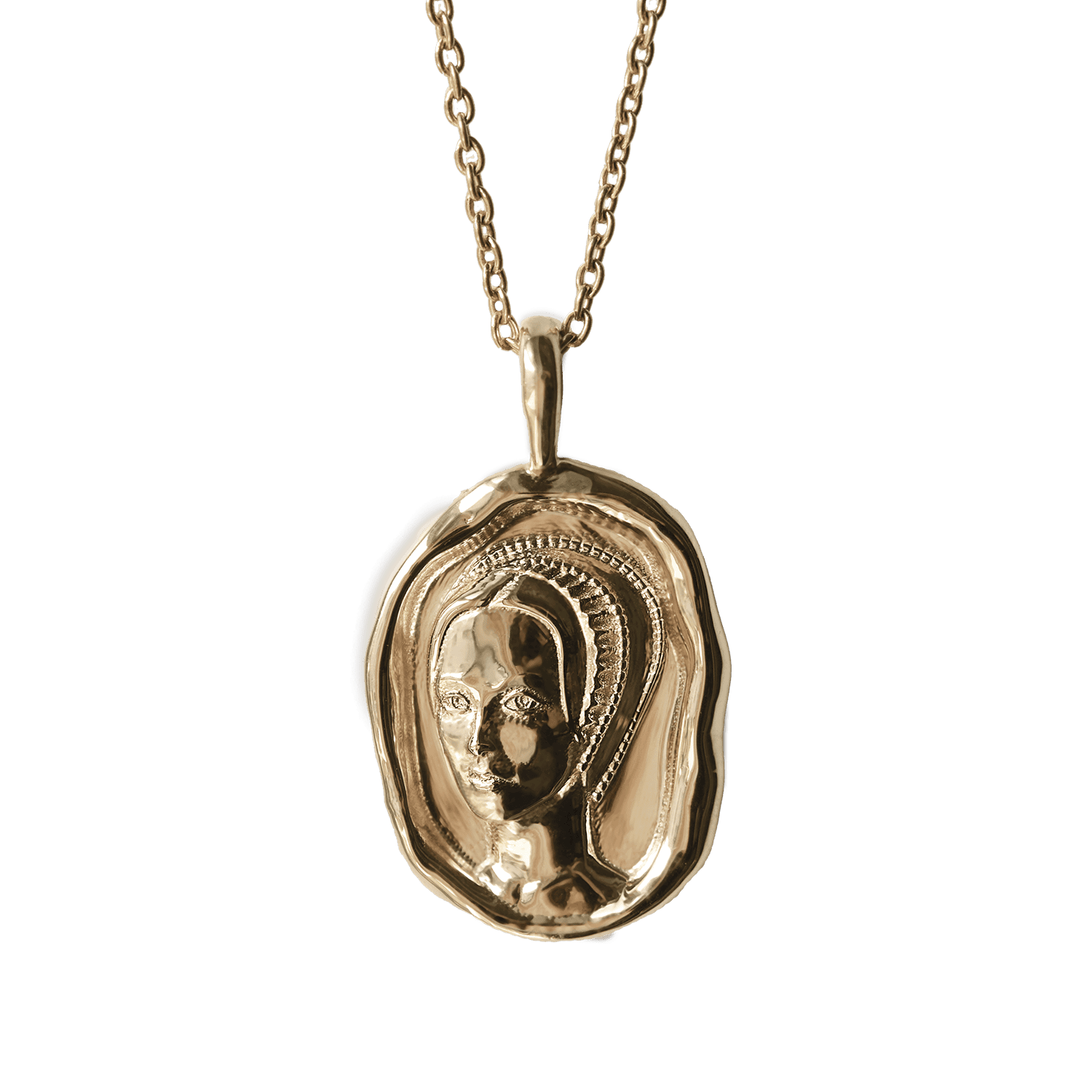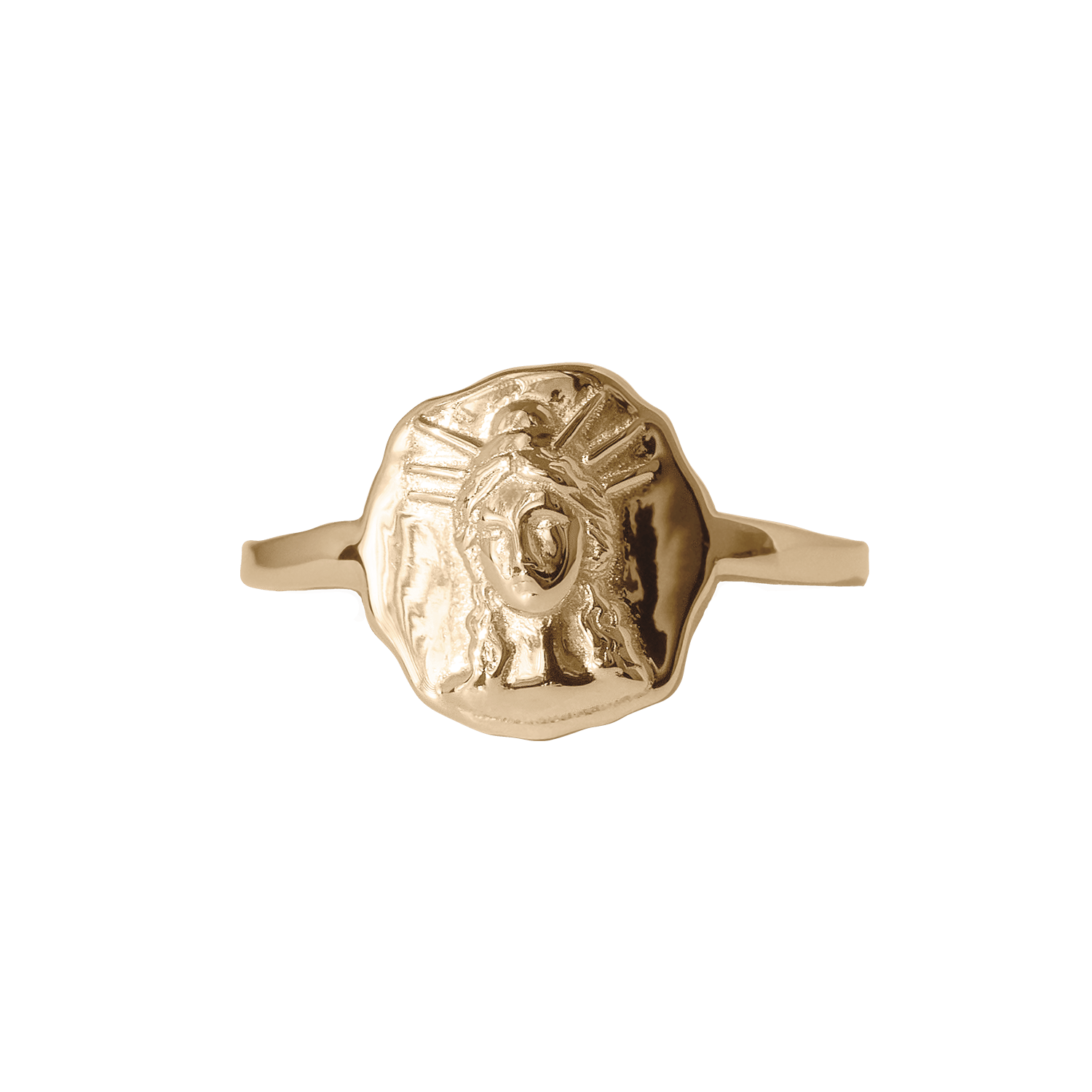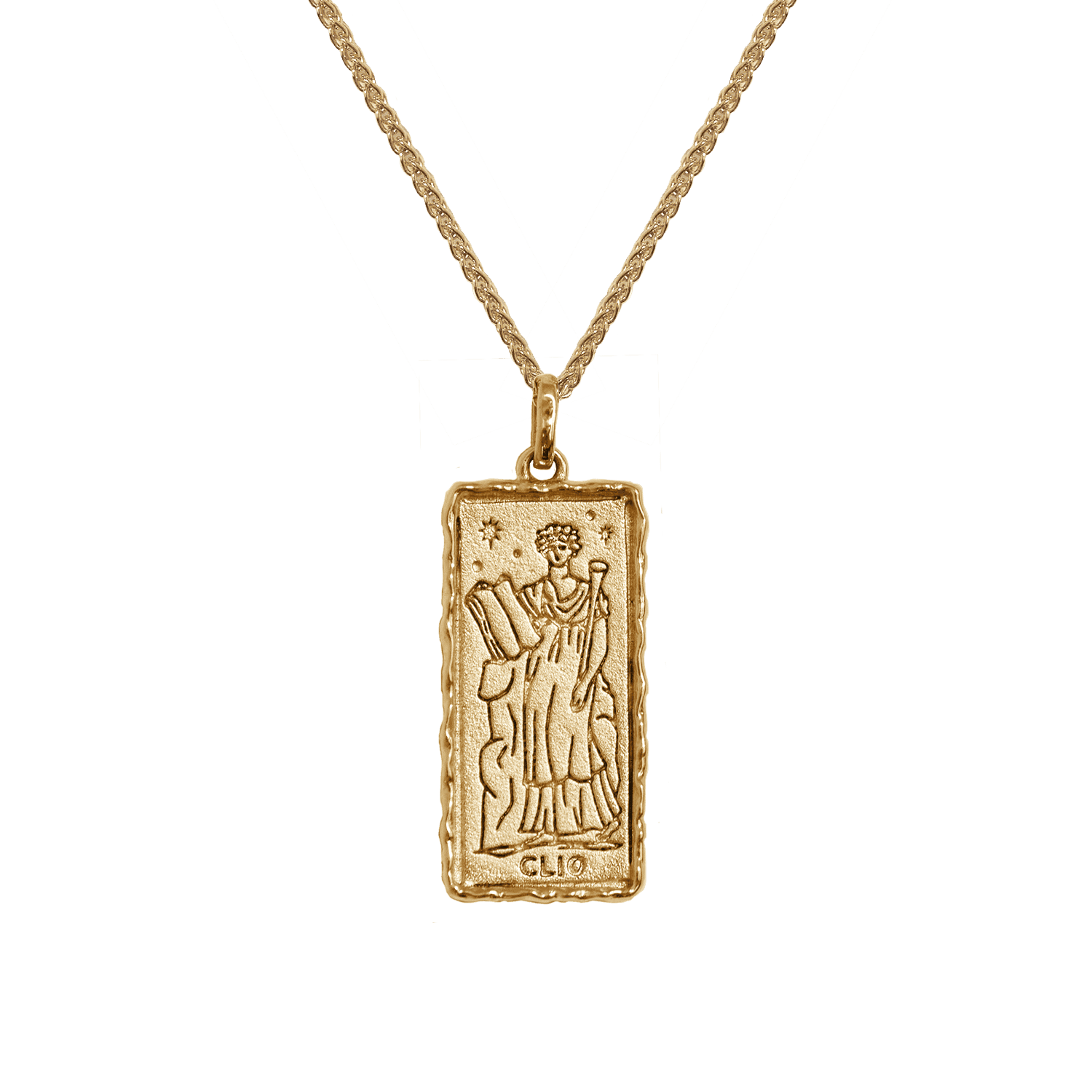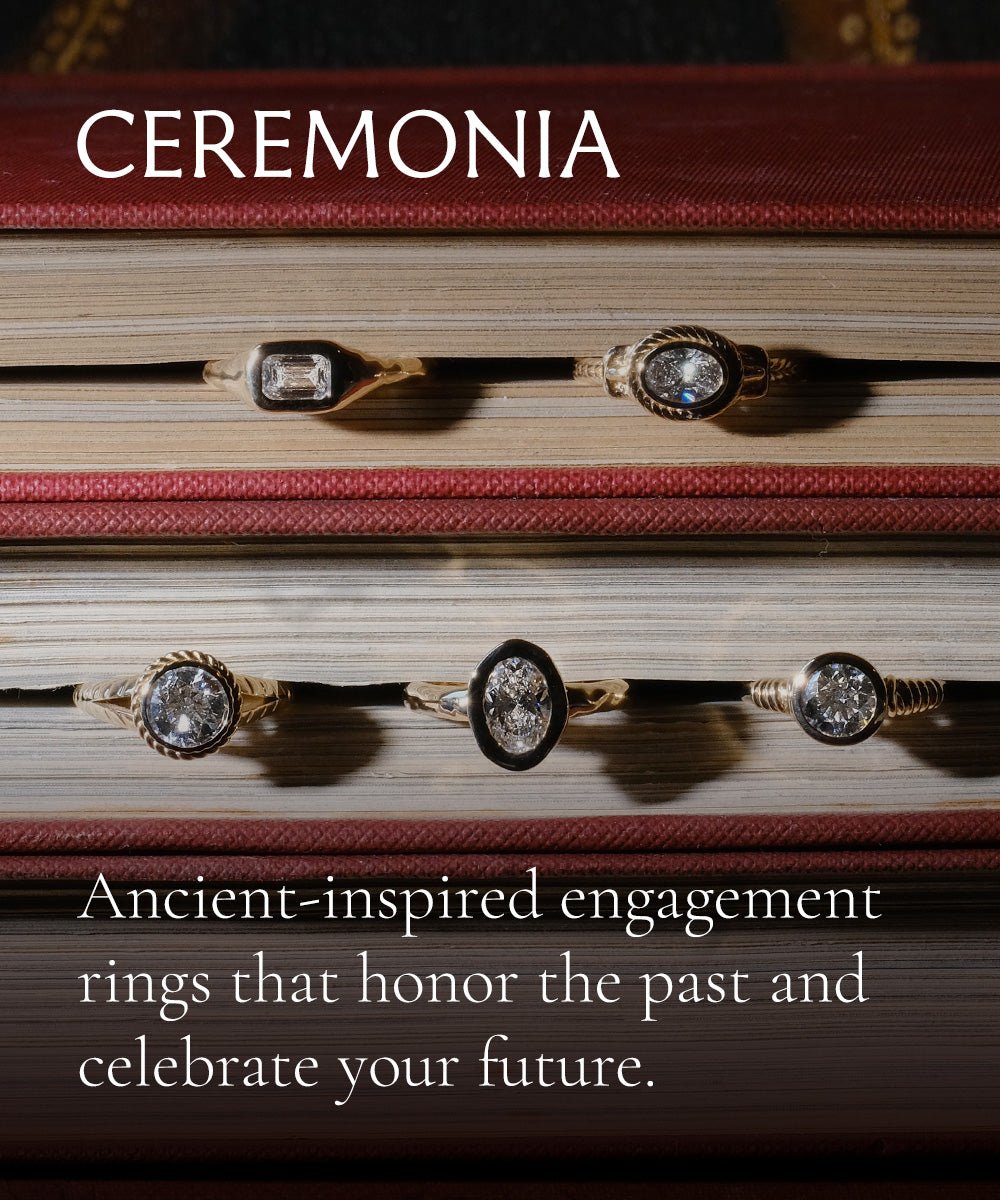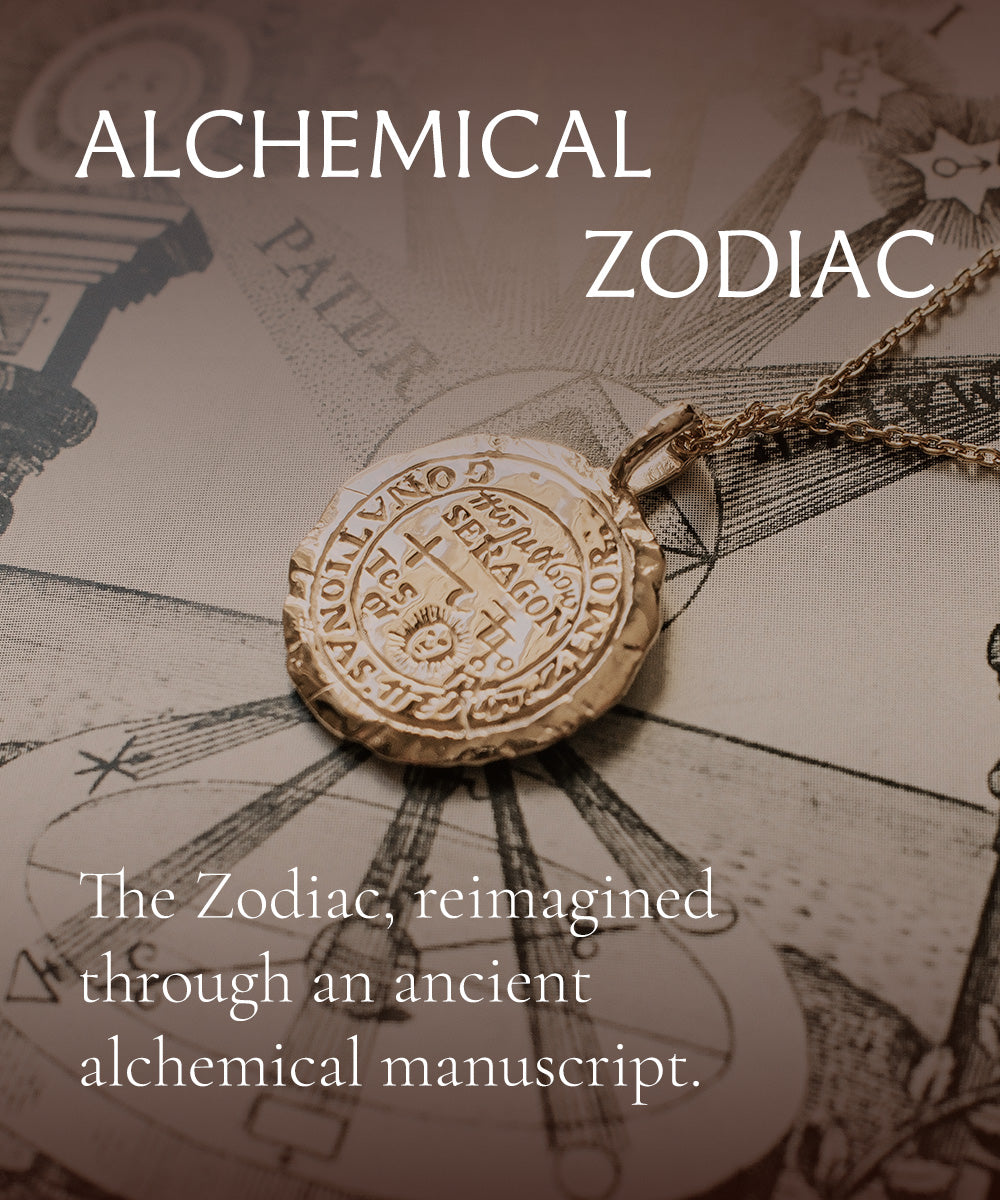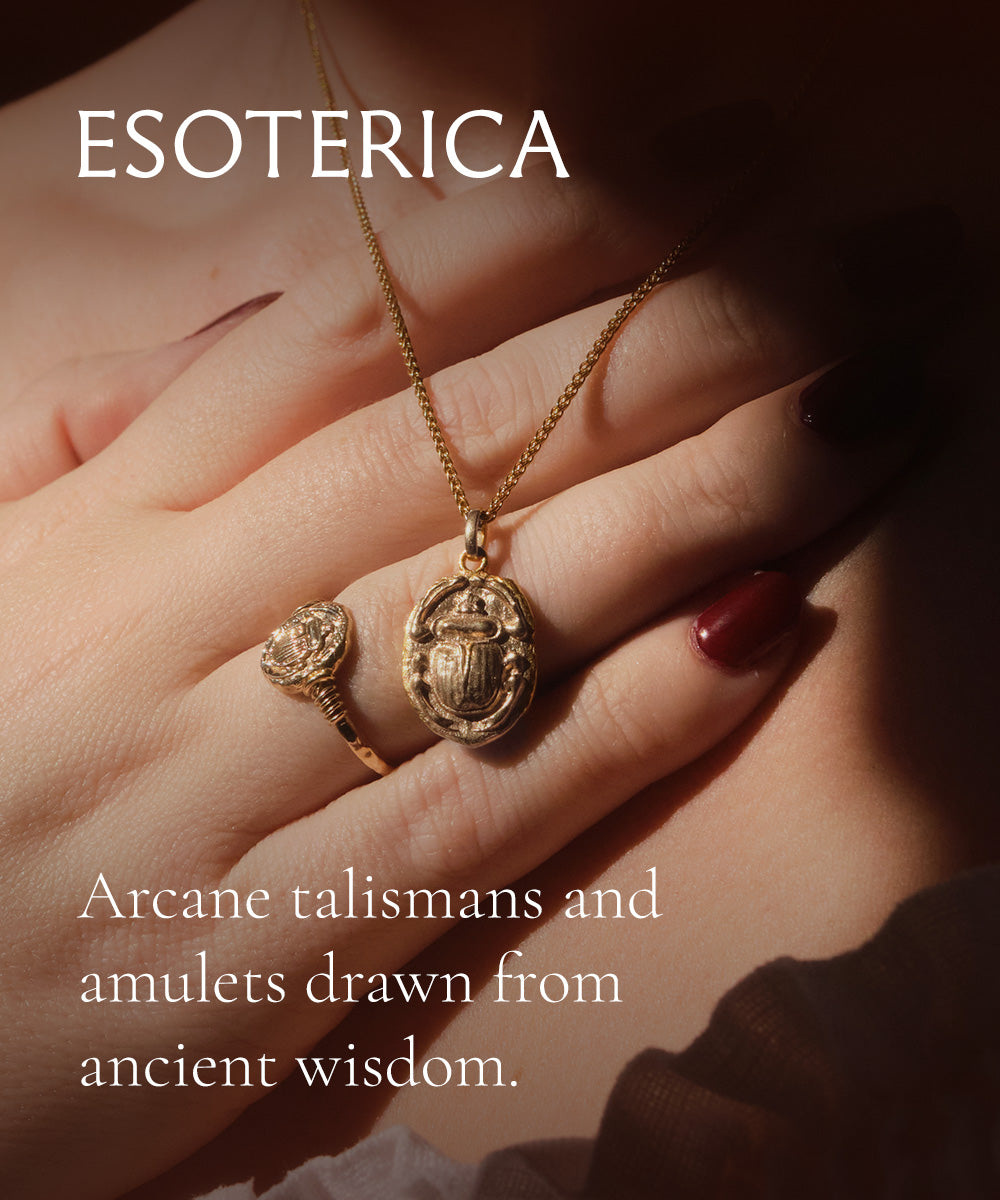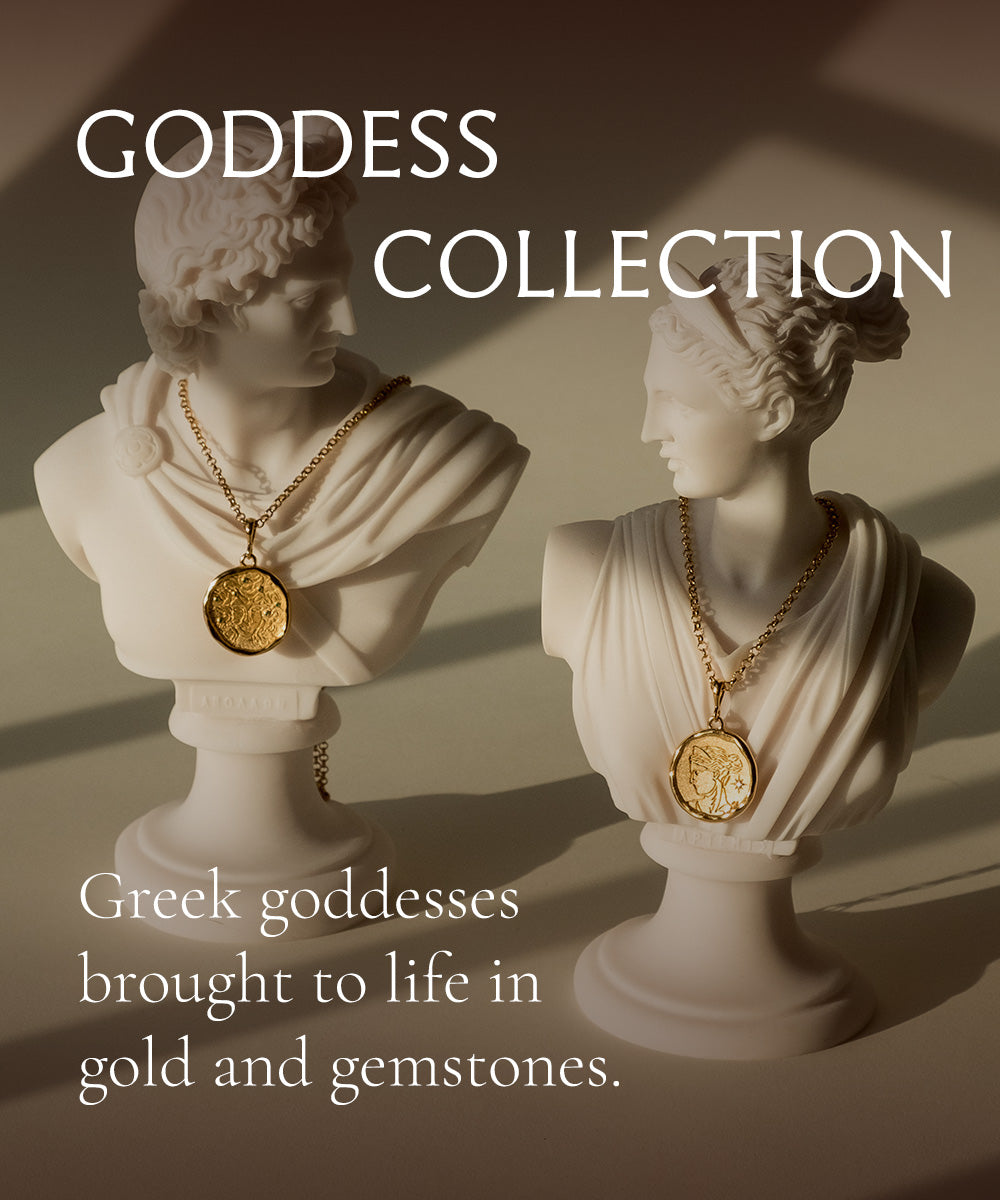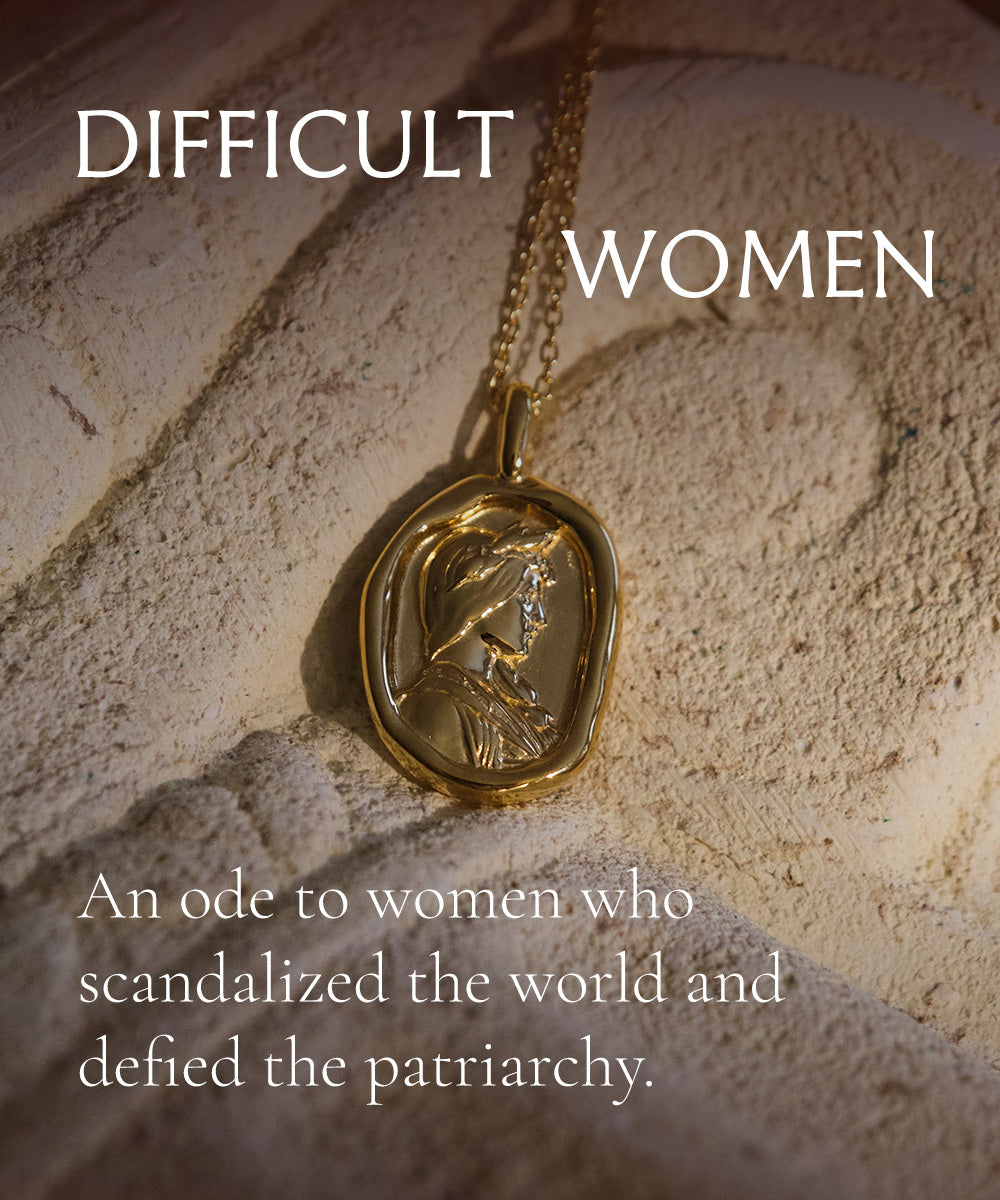Psychoanalyst Carl Jung maintained that myths can be seen as expressions of the collective unconscious, meaning that the core ideas in mythology and mythological figures reflect inherent and universal truths about the collective human experience.
The patterns that the human mind unconsciously picks up on, like the cycle of the seasons and life, are reflected in the archetypal stories of Persephone, the Egyptian Osiris, and the Babylonian Tammuz. On individual levels, too, we see these patterns and archetypes. Strong, brilliant young men see themselves in Apollo, leaders and fathers in Zeus, and outcasts who make their own way in the world see themselves in Dionysus.
This is why we believe that every woman can see herself in a goddess, or several, depending on who she is, the roles she takes on, and how she moves through them. For instance, we see the maiden, mother, and crone archetypes in many ancient myths, representing life stages as well as lifestyles.
Capricious and light-hearted maidens will see themselves in Persephone, who was made from them. A woman who takes on the role of mother may see herself in Gaia, surrounded by blossoming children, taking on the pain and honor and fulfillment that comes with the role. A mother may also see herself in Artemis, who was chaste but, perhaps paradoxically, was a goddess of childbirth and protector of very young children, especially girls. Wise women, old souls, and those who are called to a craft may see themselves in Athena or Hecate.
It makes perfect sense that humans would paint figures of gods based on our own selves. In a broad, but profound way, everywhere a girl has been, so have you. It’s an honor to share this universal feminine experience with each other, and to see ourselves reflected in the same figures of goddesses.
